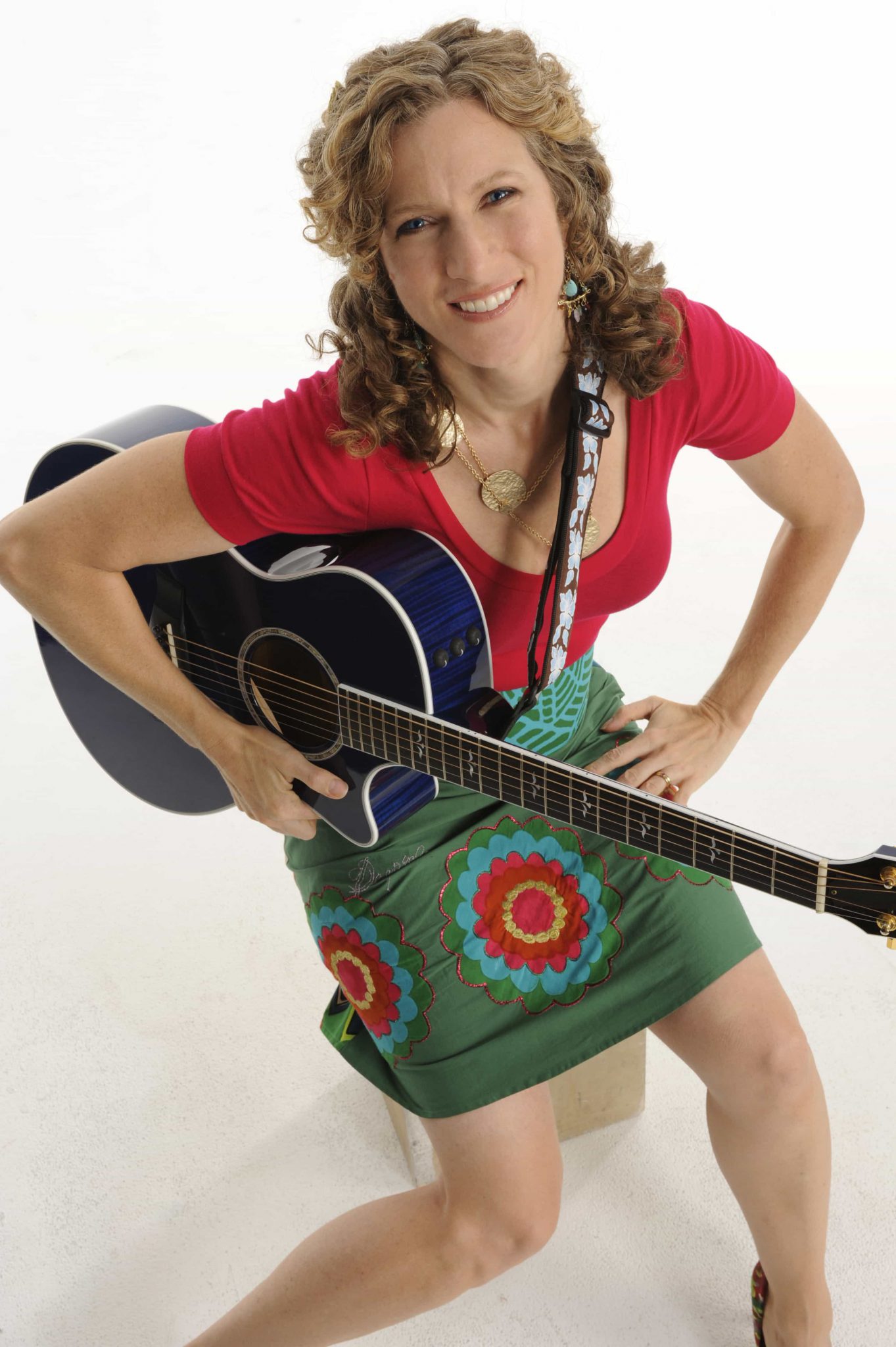

If you could only sing three camp songs to get a group singing together, what would they be?įor me, they would be a call-and-response song like “Michael Row the Boat Ashore” (which is on this CD), a gesture song like “The Court of King Caractacus” (which is on the CD), and a multipart song from Africa like “Bayeza” (not on this CD, though we tried it out).

Over 14 million children and adults attend summer camps each year, and the music they enjoy together often creates an enduring bond and stimulates fond memories of the time they spent together. They are then equal participants and we are creating the performance together. We find campers are always delighted to be asked to sing along rather than sitting still and listening. What do you appreciate about camp songs now as an adult?Ĭamp songs can create a community feeling in a group of insecure campers who may be homesick or don’t know each other very well. We have been singing at Camp Killooleet, where Kate Seeger is now the co-director with her husband Dean Spencer, for most of our lives. Kate and I learned to play instruments at Killooleet and began to accompany our parents when we were in our teens. My father also led singalongs like “Jacob’s Ladder” with the campers. They loved to sing in harmony on such standards as “Summertime” and “Birth of the Blues.” My father taught his younger brother, Pete Seeger, to sing in harmony on long trips in the car. They met as counselors at a summer camp and went on to run Camp Killooleet in Vermont for nearly 50 years. Tony Seeger: For Kate and me our favorite memory is of our parents singing and leading songs at campfires and other camp events. Zooglobble: What are your favorite memories of camp singing growing up?

Tony went into more details about camp singing memories and recording the album - and if you want more insights, I recommend reading the liner notes (available at the Folkways album page link above).

When I asked Ella why it's important for kids to sing together, she responded with the importance of "sharing, leadership, working together." She said these "are all tools for a happy life."Īs for favorite memories of the recording session(s) for this album, she agreed that "it was a wonderful project." Ella noted that "many, many people helped create this recording it was all memorable." I asked Ella a couple questions about the album, then reached out to Tony for more details. All in all, a pretty good match for Ella. And Tony Seeger is an Emeritus Distinguished Professor of Ethnomusicology at UCLA and the Director and Curator emeritus at Smithsonian Folkways Recordings. (Here's an article about the camp.) Pete Seeger was their uncle, so they have some experience making music with living legends. The Seegers are siblings - their parents ran Camp Killooleet in Vermont, and Kate runs it today along with her husband. She partnered with kids and musicians from Chicago's venerable Old Town School of Folk Music and with Tony Seeger and Kate Seeger. It's a collection of songs that might sound familiar to anyone who's spent time at a sleepaway camp of any sort, or even just a day camp. She's been recording with Smithsonian Folkways for sixty years (not a typo), and earlier this summer she celebrated her 93rd birthday and released her latest album with them, Camp Songs with Ella Jenkins and Friends. Ella Jenkins needs no introduction, and I have to believe the Venn diagram would show the overlap between "readers of this website" and "people who don't know Ella Jenkins" to be very slim indeed, but in case you reside in that area, Jenkins is a living legend in kids music, leading multiple generations in song, encouraging tolerance and togetherness will little more than her voice, a guitar or ukulele, and good humor.


 0 kommentar(er)
0 kommentar(er)
